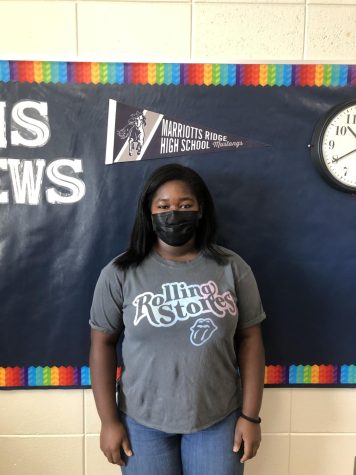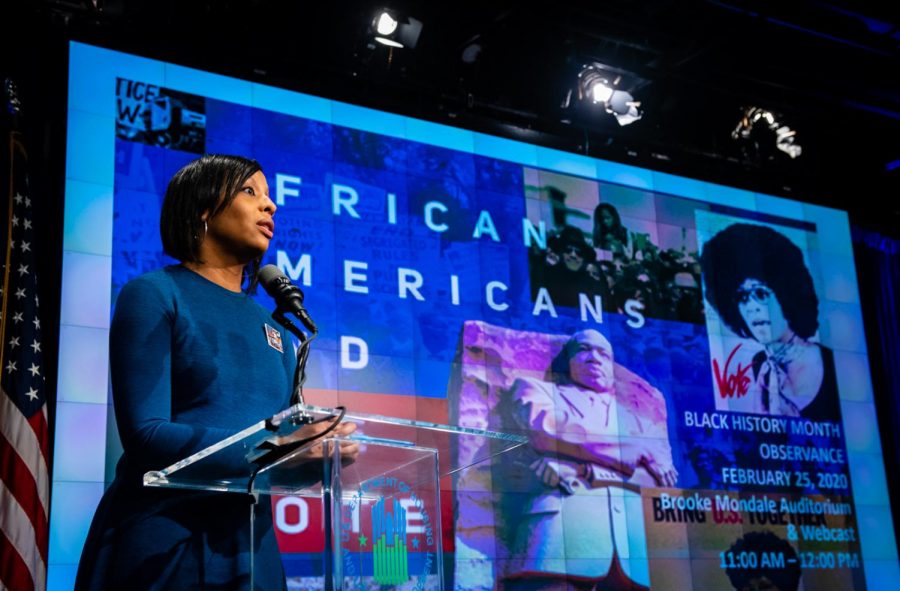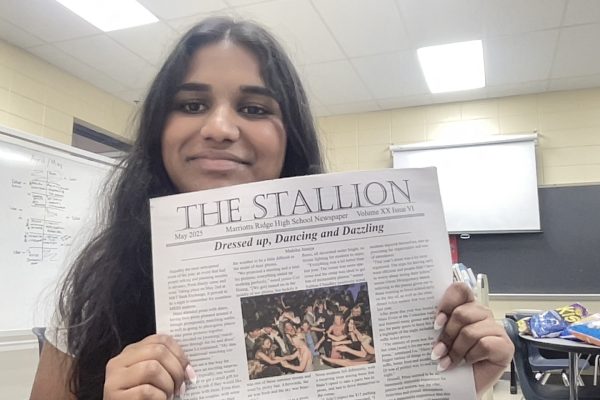Black History Month Celebrated Across U.S.
Stories are usually told and passed down through generations. Some very notable stories are commemorated during Black History Month, a month that celebrates the contributions that African Americans have made to American history, despite their struggles for freedom and equality.
In 1915, historian and author Dr. Carter G. Woodson founded the Association for the “Study of Negro Life and History”, now known as the Association for the Study of African American Life and History (ASALH). Through this organization, Dr. Woodson initiated “the first Negro History Week” in February 1926. This specific week was selected since Abraham Lincoln and Fredrick Douglass’s birthdays were during this week, two key figures in the history of African Americans.
In 1976, the week was expanded to a month by ASALH, and “Negro History Week” became Black History Month. In 1986, US Congress passed Public Law 99-244 which designated February as “National Black History Month.”
Black history is American history, and Black History Month is our biggest opportunity to highlight and celebrate the accomplishments of Black Americans. This month is special for many MRHS students.
“To me, Black History means remembering our past, celebrating our present, and looking forward to continuing our greatness in the future,” junior Jada Martin said.
Black History Month was designed, then and now, to counter negative and racist stereotypes ingrained in American culture. This month is a chance to learn more about Black Americans in history that may have been overlooked in textbooks.
The most influential person of color for senior Tomisin Fasosin is Sojourner Truth.
“[Truth] was a phenomenal public speaker and advocated for intersectionality within the women’s rights movement in the 19th century. She did so much for Black women, and she inspires me to do the same,” Fasosin said.
In 1851, Truth began a lecture tour that included a women’s rights conference in Akron, Ohio, where she delivered her famous “Ain’t I a Women?” speech. In her remarks, she challenged prevailing notions of racial and gender inferiority and inequality. When the Civil War started, Truth urged young men to join the Union cause in the fight for freedom. After, she was honored an invitation to the White House and helped freed slaves find jobs and build new lives.
Remembering important figures and events in history is gaining knowledge and an understanding of the past and present situation of African-descended Americans in the United States.
“There’s been a surge of information relating to Black History, so if people are interested they should find some books written by black people, watch youtube videos, read an online article, and even watch some TikTok videos,” junior Lacee Adams said.
There is a lot of Black History unknown to many people. Reading this article is a start, and social media is an easy next step to learn more. There are social media accounts that are dedicated to educating the masses. Students can also educate themselves by having conversations with knowledgeable family and friends.
“Genuinely listen to stories within black communities. For so long, the Black voice was silenced. Now we have the opportunity and platform to share our experiences and be heard. Take that opportunity!” Martin said.
This month is all about uplifting Black voices. When Dr. Woodson founded ASALH, he had two goals: one was to use Black History to prove Black people played important roles in the creation of America and thus deserve to be treated equally. The second was to increase the visibility of Black life and history since, at the time, there were few newspapers, books, and universities that noticed the Black community unless it surrounded the negatives. It is crucial that learning Black History is not clouded by stereotypes.
“Our heritage is rich, and our history is empowering. There is still a lot of work to do regarding racism and other systemic issues in America, and I believe celebrating Black History Month serves as a reminder of who we are, what we’ve done, and what we still have to do,” Fasosin said.
This month brings forward the accomplishments that have happened and are happening in the black community. It’s a great time for those within and outside the Black community to understand and learn more about Black History.

Hello, my name is Kierstin Delk. I am in Journalism III and work as a staff writer and feature editor. In my free time, I like to hang out with my friends...







